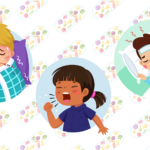
Berdi
urinary Track Health
Cough is one of the most common symptoms that leads to paediatric consultations worldwide, including in Pakistan. While often benign, it can also indicate serious underlying conditions. This article provides a comprehensive summary of the treatment guidelines for paediatric cough. It is crucial for healthcare providers to adhere to these guidelines to ensure effective and safe treatment for children.
Cough is a protective reflex that clears the airways of irritants, such as mucus, foreign particles, or microbes. Scientifically, the cough reflex is initiated when sensory nerves in the respiratory tract, particularly the larynx, trachea, and bronchi, are stimulated. This stimulation sends signals to the cough centre in the brainstem, which then triggers a series of coordinated muscle actions, resulting in the expulsion of air from the lungs.
The cough reflex is vital for protecting the respiratory system from potential harm. However, when persistent or chronic, it can be a source of distress, especially in children. Understanding the types and causes of cough is essential in determining the appropriate treatment options.
Cough is a common symptom among children, often associated with respiratory tract infections. In Pakistan, the prevalence of cough among children is significant, contributing to a substantial burden on healthcare systems. Cough can significantly impact a child’s quality of life, affecting their sleep, appetite, and overall well-being. Moreover, persistent cough can be a sign of underlying medical conditions, necessitating prompt evaluation and treatment.
Paediatric cough is a significant concern for both parents and healthcare providers. According to a study published in the Journal of Pediatric Child Health, cough is one of the most frequent reasons for children visiting outpatient clinics. The high prevalence of cough-related visits highlights the importance of following evidence-based guidelines to manage this symptom effectively.

Understanding the different types of paediatric cough is crucial for accurate diagnosis and treatment. The main types include acute cough, acute prolonged cough, chronic cough, specific cough, and non-specific cough. Each type has distinct characteristics, causes, and treatment approaches.
An acute cough is defined as a cough lasting less than three weeks. It is usually associated with respiratory tract infections, such as the common cold or influenza. Acute cough is typically diagnosed based on clinical history and physical examination.
The most common cause of acute cough in children is viral respiratory tract infections, such as the common cold. Bacterial infections, such as streptococcal pharyngitis, can also cause acute cough, but these are less common.
Treatment for acute cough is primarily supportive. Rest, hydration, and the use of antipyretics, such as paracetamol, are recommended. Cough suppressants are generally not recommended in children due to the lack of evidence for their efficacy and potential side effects.
Acute prolonged cough lasts between three to eight weeks. It is often a continuation of an acute cough that has not resolved. Diagnosis may require further investigation, including chest X-rays or referral to a specialist if the cough persists beyond this period.
Post-viral cough is the most common cause of acute prolonged cough. Other causes include pertussis (whooping cough), acute bronchiolitis, rhinosinusitis, and persistent bacterial bronchitis (PBB).
Management is similar to acute cough, with a focus on treating any underlying infection and monitoring for potential complications. Antibiotics may be considered in cases of bacterial infections, such as pertussis, but their use should be based on clinical guidelines.
Chronic cough is defined as a cough lasting longer than eight weeks. It is a concerning symptom that often requires a detailed evaluation to determine the underlying cause.
The causes of chronic cough in children are diverse and can include asthma, gastroesophageal reflux disease (GERD), and chronic rhinosinusitis. Exposure to environmental irritants, such as tobacco smoke, can also contribute to chronic cough.
Treatment options for chronic cough depend on the underlying cause. For example, asthma-related cough may be managed with inhaled corticosteroids, while GERD-related cough may require dietary modifications and acid-suppressing medications . It is essential to address the root cause rather than just the symptom to achieve long-term relief.
Specific cough refers to a cough with an identifiable cause, such as asthma, bronchiectasis, or a foreign body in the airway. Diagnosis typically involves a thorough history, physical examination, and targeted investigations, such as spirometry or bronchoscopy.
Common causes of specific cough include asthma, cystic fibrosis, and inhalation of a foreign object. These conditions often require specialised care and management.
Treatment for specific coughs is tailored to the underlying condition. For instance, asthma management includes the use of inhaled bronchodilators and corticosteroids, while bronchiectasis may require antibiotics and physiotherapy.
Non-specific cough is a diagnosis of exclusion when no underlying cause can be identified. It is often a dry cough without significant clinical findings.
The exact causes of non-specific cough are often unclear, but it may be related to post-viral inflammation or heightened sensitivity of the cough reflex.
Non-specific cough is typically managed with reassurance and monitoring. In some cases, empirical treatment with inhaled corticosteroids may be trialled, especially if asthma is suspected. However, unnecessary medication should be avoided.
The management of paediatric cough includes both pharmacological and non-pharmacological approaches. It is essential to tailor the treatment to the specific type of cough and the underlying cause.


Certain medications are often used for treating paediatric cough but are not recommended due to the lack of evidence for their efficacy and potential risks. These include:
Paediatric cough, while often a benign symptom of a common cold or minor respiratory infection, can sometimes indicate more serious underlying conditions. Accurate diagnosis and adherence to evidence-based guidelines are essential in managing cough effectively and safely in children.
Healthcare providers in Pakistan should focus on a comprehensive assessment of the type of cough, its duration, and associated symptoms to guide treatment. Pharmacological options should be used judiciously, with a preference for those with proven efficacy and safety in children. Non-pharmacological treatments and natural remedies like Prospan IVY Leaf Syrup can play a valuable role in managing mild to moderate coughs, particularly in cases where medication is not indicated or desired.
Ultimately, the goal is to provide relief to the child while addressing any underlying conditions and preventing complications. By following these guidelines, healthcare providers can ensure that they are offering the best care possible to their paediatric patients.
Chronic cough in children is often caused by asthma, respiratory tract infections, gastroesophageal reflux disease (GERD), or prolonged exposure to irritants like smoke.
You can treat a dry cough at home by giving warm fluids, using a humidifier, elevating the head during sleep, and offering natural remedies like honey (for children over one year old). Avoid over-the-counter cough medications unless prescribed by a doctor.
Be concerned if your child’s cough persists for more than three weeks, is accompanied by difficulty breathing, a high fever, or produces blood. These symptoms may indicate a more serious condition requiring medical attention.
Cough syrups, especially those containing antihistamines or decongestants, are generally not recommended for young children due to the risk of side effects. Natural remedies like Prospan IVY Leaf Syrup can be a safer alternative.
The best treatment depends on the underlying cause. For mild cases, hydration, humidification, and natural remedies may be sufficient. If the cough is chronic or severe, consult a healthcare provider for a proper diagnosis and targeted treatment.


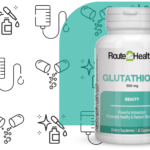
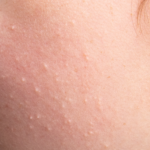
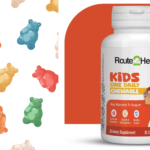
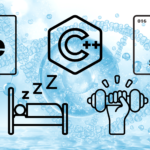

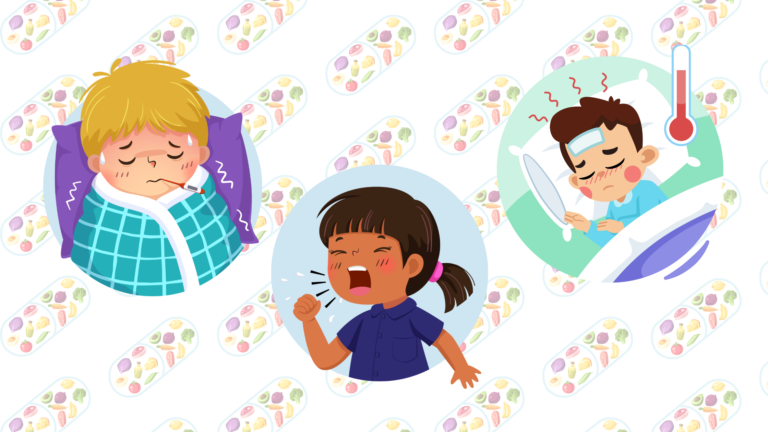
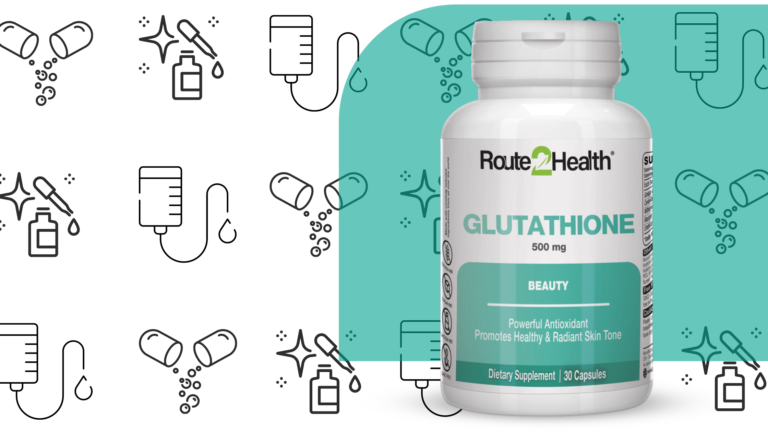
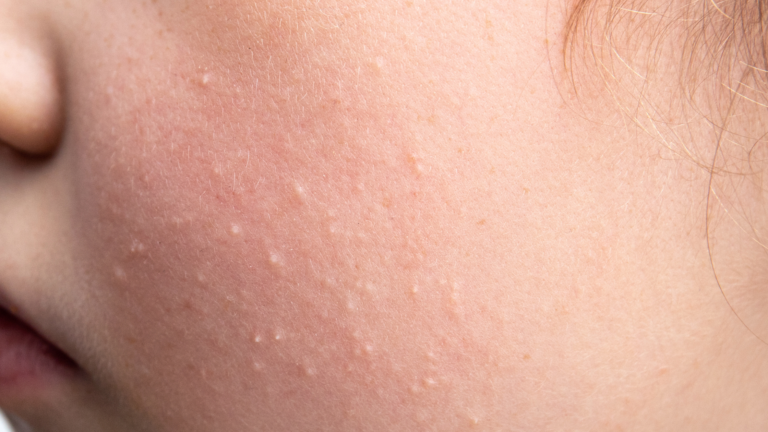
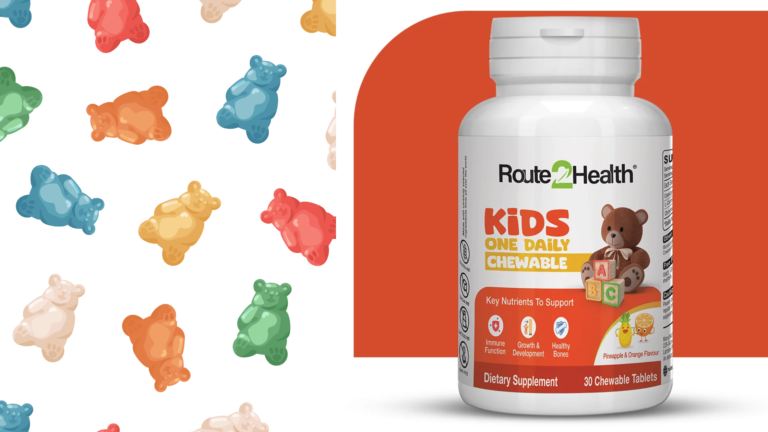
©2023 Route2Health®️
NTN: 2229383
AN ASSOCIATED COMPANY OF HIGHNOON LABORATORIES
STRN: 0301999937728

WhatsApp us
